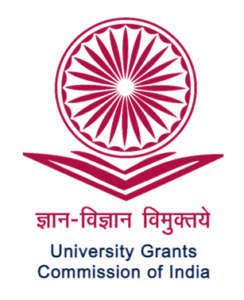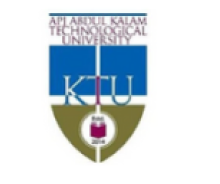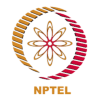SREE BUDDHA
College Of Engineering , Pattoor
AUTONOMOUS
NEWS
ADMISSION STARTED 2025 •
COLLEGE CODE - SBC •
ADMISSION STARTED 2025 •
COLLEGE CODE - SBC •
ADMISSION STARTED 2025 •
COLLEGE CODE - SBC •
ADMISSION STARTED 2025 •
ADMISSION STARTED 2025 •
COLLEGE CODE - SBC •
ADMISSION STARTED 2025 •
COLLEGE CODE - SBC •
ADMISSION STARTED 2025 •
COLLEGE CODE - SBC •
ADMISSION STARTED 2025 •
Sree Buddha College of Engineering, affiliated with APJ Abdul Kalam Technological University, excels in technical education, guided by the teachings of Lord Buddha. The institution nurtures aspiring technocrats and strives to be a model for the world.
OUR VISION
To create professionally competent engineers with human values and social commitment.
OUR MISSION
* Offer well balanced curriculum with student-centric approach.
* Encourage students to participate in innovation, lifelong learning and research.
* Impart ethical and human values focusing on rural needs and sustainability.
EVENTS
KNOW MOREREGISTER NOW FOR 2024-2025
RegisterNEWS
KNOW MORE
ADMISSIONS
0
UNDERGRADUATE
0
POSTGRADUATE
0
Our Affiliations
 Approved by AICTE New Delhi
Approved by AICTE New Delhi University Grants Commision of India
University Grants Commision of India Kerala Technological University
Kerala Technological University

 International Admissions
International Admissions Courses
Courses Fees Payment
Fees Payment University
University







